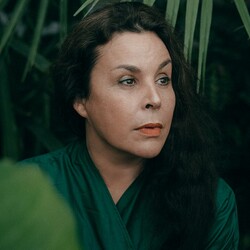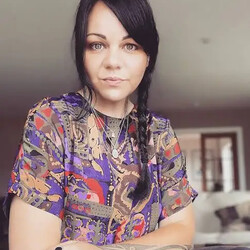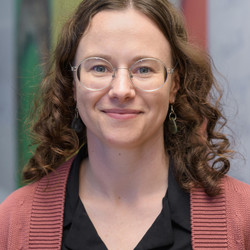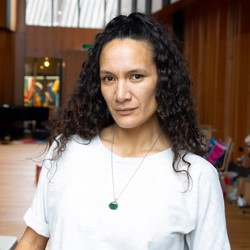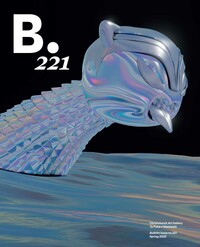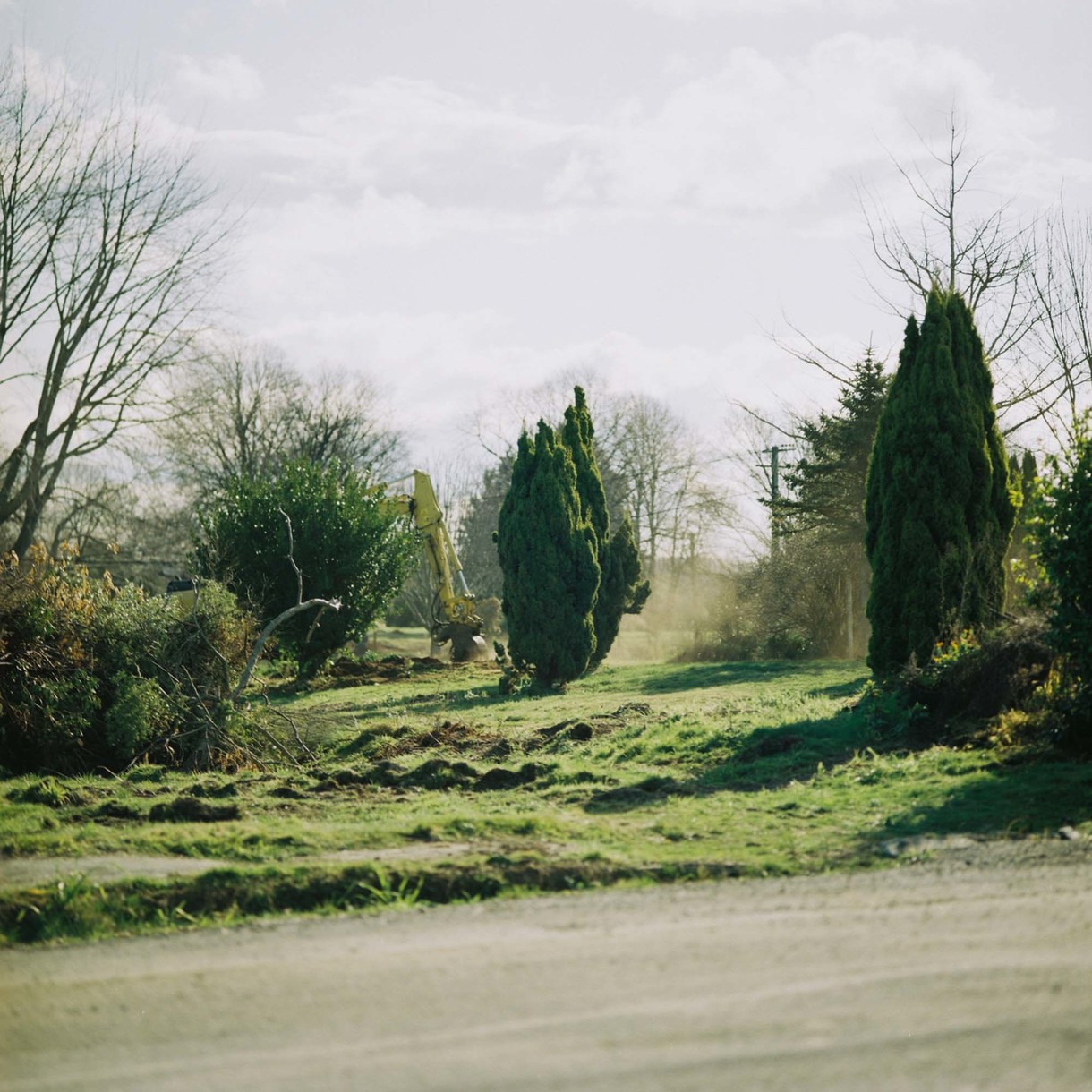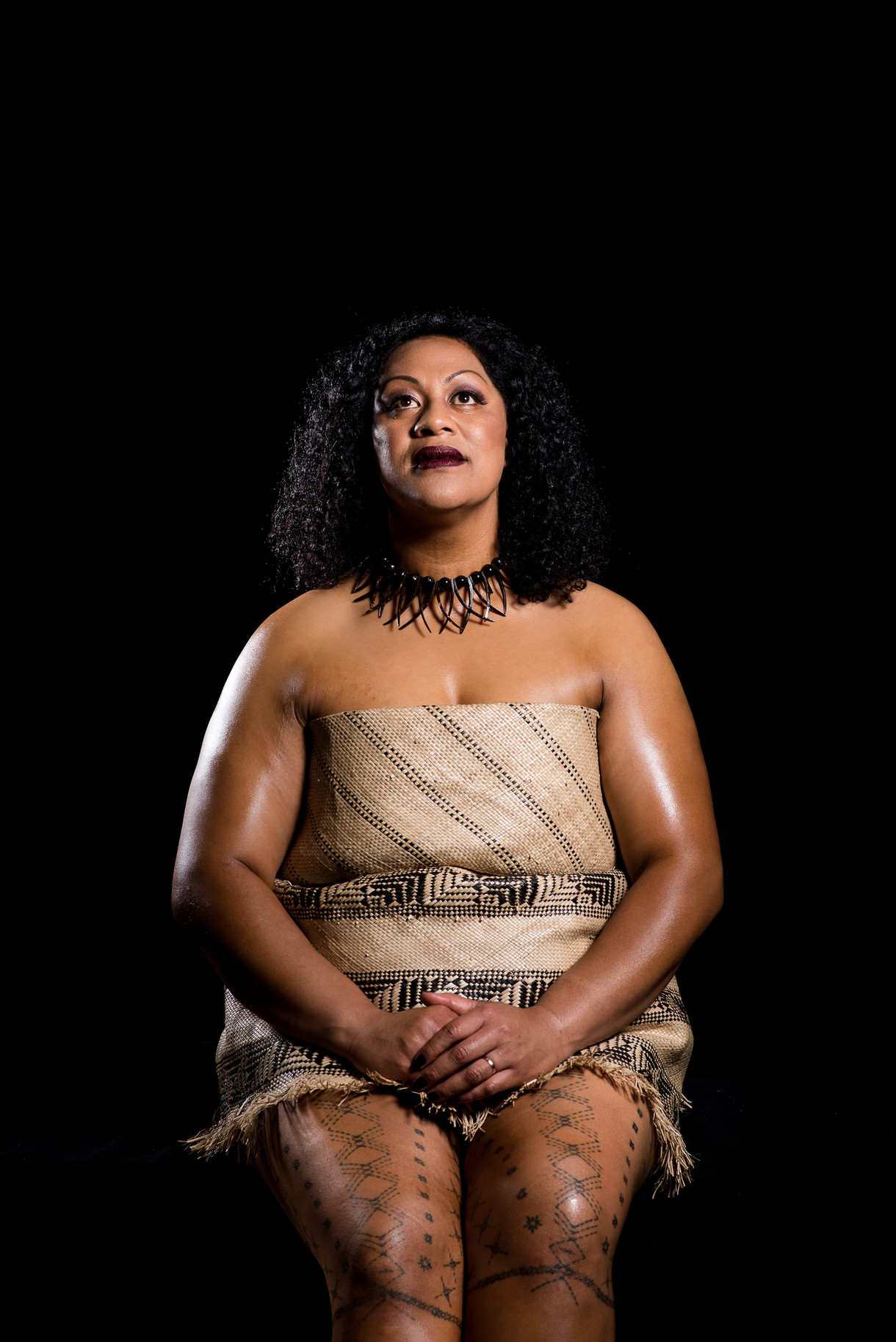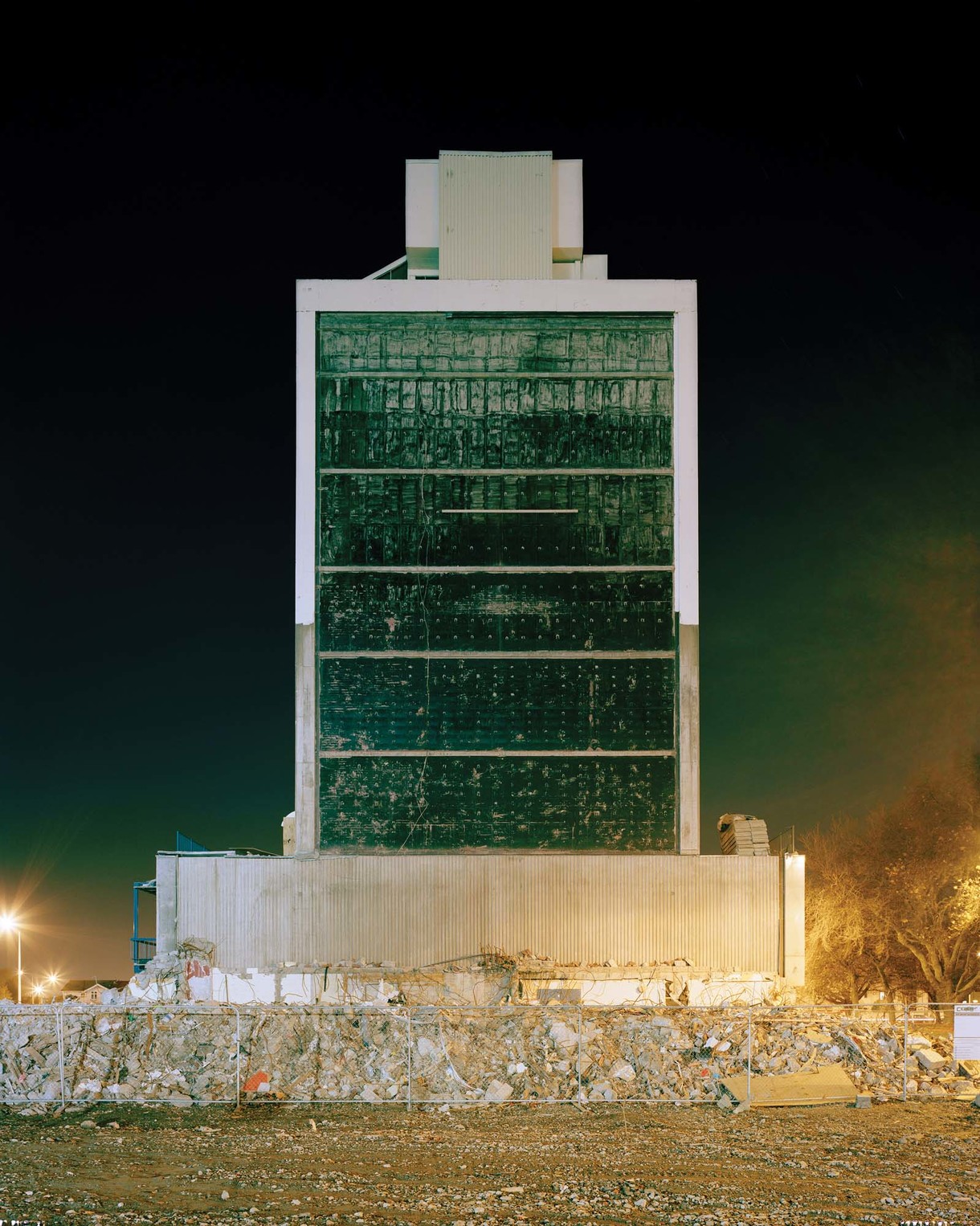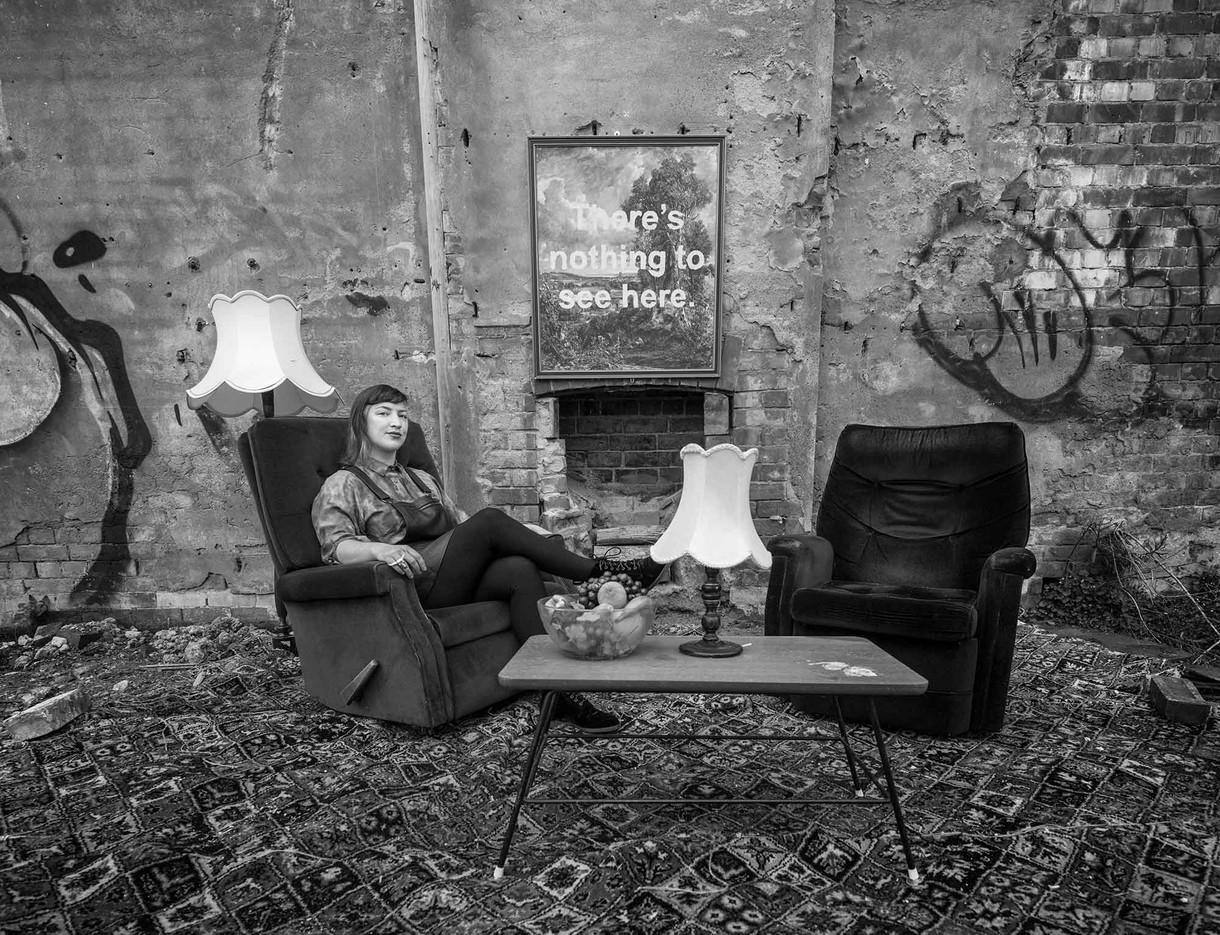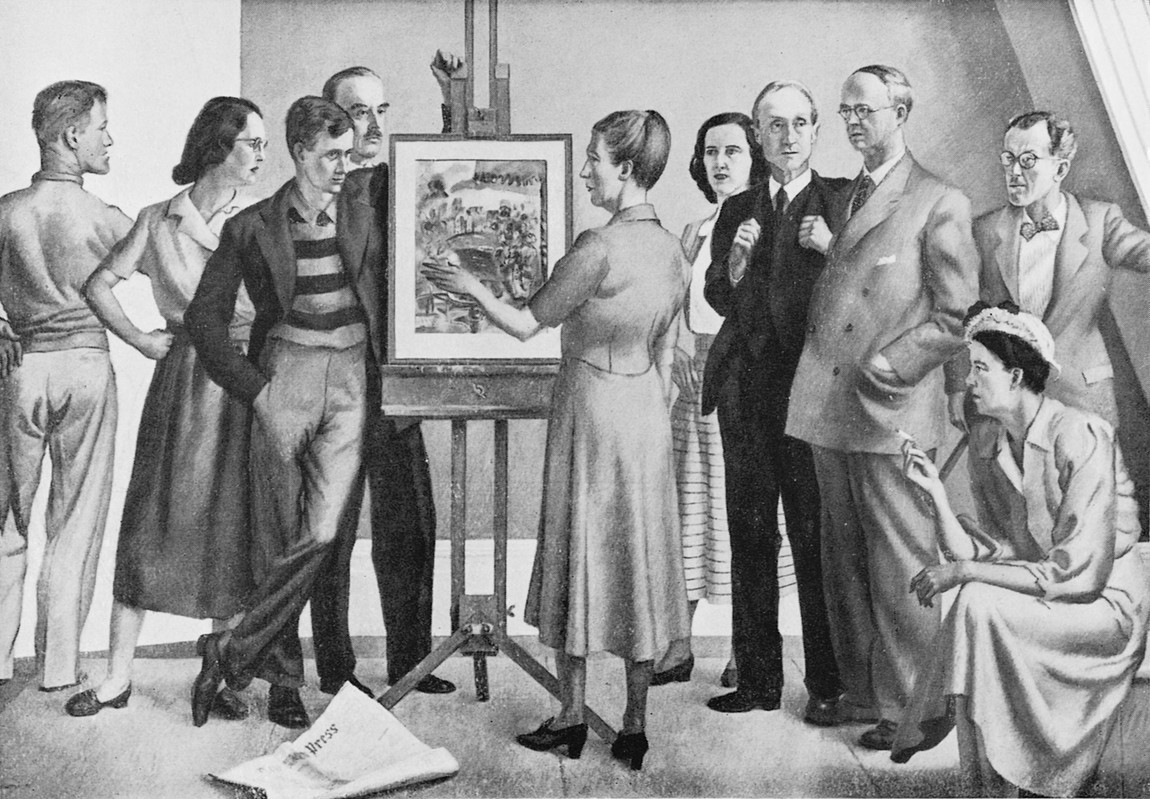Radical freedoms
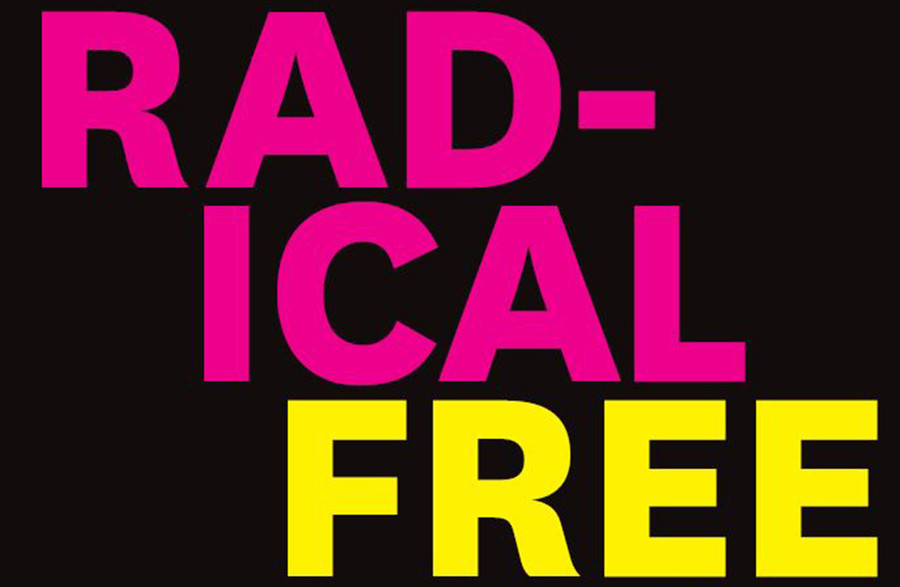
The recent furore around Eleanor Catton's comments in the wake of the NZ Post Book Awards, and the tone of the subsequent debate that ensued, has prompted us to think again about the role of the public intellectual in New Zealand. In our role as visual archivists of this city, and this country, critical reflections on the contemporary are something we frequently expect of artists. But to what degree do artists exercise their individual freedom to radically question community values? And who claims this role for artists and in what situations?
Bruce Russell
Artist and writer
Like anyone else, artists have the absolute right to question shared values in society. But more than that, if they are worth the designation; artists also have the obligation to speak truth to power.
They may do this (when they have the chance) through the media, or through the content of their work, or through the way that they make their work in society. To me the first is the most risky and likely to be unsuccessful or even dangerous to the speaker, the second is most likely to make a wide (if shallow) impression on society, and the last of the three is the one most likely to bring about change.
Artists themselves must claim this role, particularly once they are publicly consecrated as deserving of the name 'artist'; and it is beholden on everyone who values art (and in particular those who make their living through the art of others) to vigorously defend it through public discourse.
Emma Bugden
Curator
What would Lord Reith, the first director-general of the BBC, have thought of the recent furore over Eleanor Catton's comments? Reith is best remembered for the doctrine of 'arm's-length' funding, designed to insulate public broadcasting from political pressure. Without this, he declared, the Beeb would 'play for safety; prosecute the obviously popular lines; count its clients; study and meet their reactions; curry favour; subordinate itself to the vote.'
Familiar? The rise of neo-liberal public policy in New Zealand has brought a dogma of financial accountability. It might seem reasonable to expect pipers to play the tunes which are bought and paid for, but in practice the new orthodoxy has an increasingly paralysing effect on public discourse. The body politic can be punitive to those who dissent.
When so much cultural-sector funding comes directly or indirectly from central government it becomes harder and harder for artists to make political statements without the kind of backlash witnessed in Catton-gate. The moral certainty of user-pays requires a kind of obsequious gratitude from recipients of public funding, a certain amount of forelock tugging. We need artists to say what needs to be said.
Roger Horrocks
Film-maker and biographer
In the thirty years since neo-liberalism arrived in New Zealand in the form of Rogernomics, it has re-scripted our lives, re-jigged our country in the interests of corporate capital, imposed a vocabulary of branding and consumerism, deafened us with advertising, dumbed down our media and our universities, insulted the landscape, enveloped us in Big Brother surveillance, reduced the arts to 'creative industries' and badmouthed artists as bludgers with snouts in the trough.
How to challenge so pervasive a change of climate? Granted, being a good artist is no guarantee of becoming a reliable social commentator – think of Ezra Pound's pro-Fascist broadcasts or A.R.D. Fairburn's anti-feminist, anti-Semitic writings. But it's always gratifying to hear verbal protests when they're well aimed. What interests me most, however, is artists who search for a new way to be political that is intrinsic to their art – say, by isolating an aspect of the New Normal, cooking and concentrating it, not telling us explicitly what to think of it but provoking us into smelling and tasting its strangeness. For example, certain works by Simon Denny, et al., Michael Parekowhai, Peter Robinson, Michael Shepherd, Michael Stevenson and Billy Apple. It's not the only form of good art, but we need more of it.
'What interests me most ... is artists who search for a new way to be political that is intrinsic to their art...'
Julia Morison
Artist
Radical behaviour is regularly permitted by qualified and skilled participants of public institutions. Certain appointed people, for instance, can cut up our flesh, mutate our genes, determine our ethical rights and have the right to incarcerate us and not be rewarded in turn with free state board. The judiciary and the health and science fraternities are examples of such institutions, which protect and condone the appropriateness of these legitimated professional actions.
The cultural institutions are no different. These are the kinds of institutions that enable our artists to function. Be they writers, visual artists, film-makers, musicians or artists, they enjoy the protection of particular kinds of defined spaces to operate in. This understanding demands firstly that we pay attention, while also permitting them privileges; the freedom to represent the unimagined, to utter the unmentionable, contemplate the sublime, experience intolerable things, appraise alternative systems, critique social norms, expose social injustices – all are expressed through artifice and fiction. These are our cultural institutions, even if more fuzzily and subtly defined.
Artists shift our perceptions, open us up to expanded experiences and ultimately affect our behaviour. Art is a powerful agency for political change. Whether these institutions should entitle their appointees to privileged protection of freedoms outside and beyond their specific contexts is the question. I cannot think why this would be the case, nor why it should be.
'Artists shift our perceptions, open us up to expanded experiences and ultimately affect our behaviour. Art is a powerful agency for political change.'
Melanie Oliver
Curator
While we hope and expect that contemporary artists have the opportunity and desire to critically engage with contemporary politics, the Eleanor Catton case reveals how poor our public discourse is at engaging with challenging issues. The media furore and political response focused on dramatising personal conflict rather than seriously considering her comments. With the ongoing replacement of appropriate platforms for investigative journalism and current affairs by entertainment-focused media our political transparency and public discourse is being eroded to a point where we're struggling to know what decisions are being made, such as with the TPPA.
In the arts we are increasingly being asked to find private and corporate sponsorship and this further complicates the ability of artists to be politically active or to question societal values. Contemporary artists may seek links between the arts and other areas of cultural production, to involve art as a contributing voice in wider public debate, but there are little in the way of public forums for them to participate in. As audiences and citizens, it is our responsibility to continue trying to make this conversation happen, and to maintain hope that a public appetite for meaningful engagement still exists, even if it is currently going unfulfilled.
'...public discourse is being eroded to a point where we're struggling to know what decisions are being made...'
Tao Wells
Community conceptualist
Catton's call of a polluted mainstream challenged 100% Pure New Zealand. She received $50,000 of government money via CNZ that, in an important way, represents the New Zealand government's ability to support free speech. Evidence that the government doesn't in fact do this is in the way you and I probably didn't know she received this money until after she criticised the government.
When I received $3,500 of CNZ money to also test the government's commitment to free speech, I too was national news. I actively promoted my sponsorship and its ties with my highly visible and loudly hated 'welfare for the poor', exposing a relationship between the two. Catton and I received the same invisible – yet worshipped – 'welfare for the rich' that was meant to make us silent. Silent as a Koru lounge.
Under the Education Act of 1989, universities are also charged in law to accept a role as critics and consciences of society, a dangerous and important job at any time. But what if that role is invisible, silent to the public? What if our academic government-sponsored artists are not recognised as such, by an uninitiated public at first glance? The government's commitment to free speech goes untested. Have we sponsored twenty-six years of silence?
'Catton and I received the same invisible – yet worshipped – 'welfare for the rich' that was meant to make us silent. Silent as a Koru lounge.'
Hamish Keith
Writer, curator and commentator
When Eleanor Catton ventured a criticism of the New Zealand government at a writers' festival in India last year, she was treated to an uproar of public sledging that would have made an Australian wicketkeeper blush. We need to be reminded of what she actually said: 'At the moment, New Zealand, like Australia and Canada, is dominated by these neo-liberal, profit-obsessed, very shallow, very money-hungry politicians who do not care about culture. They care about short-term gains. They would destroy the planet in order to be able to have the life they want. I feel very angry with my government.'
Her comment was in the context of her being regarded as an ambassador for New Zealand. She clearly rejected that. In fact, as the recent by-election in Northland proved, many ordinary citizens would agree with her. We have a prime minister who believes, in his own words, that no author could achieve 'the glory and status of an All Black'. As Catton also said 'New Zealand has the misfortune in not having a lot of confidence in the brains of its citizens' – the outrage proved her right about that too.
Honest public scrutiny is one of the reasons why any civilised society needs its writers – and its painters. We should remember Colin McCahon's magnificent anti-nuclear Gate series and Ralph Hotere's sustained blast against the smelter planned for Aramoana. In New Zealand the tradition goes back further than that. Some eighty years ago a young Christchurch writer, D'Arcy Cresswell, was on his way to literary success in London. He had published the first part of an autobiography, The Poet's Progress, as a series in the Christchurch Press. It had then been published in England by Faber & Faber along with two small books of poetry.
He returned home in 1932 and published part two, Present Without Leave, also in the Press. The resulting uproar made Catton's look like a tea-party tiff and he fled back to England where the whole work was published by Cassels; it remains to this day one of the most elegant and trenchant criticisms ever penned of this land and its people. Much of it is still relevant.
What is significant about the Cresswell affair today, is the warning which concludes the dedication. It was to the parliamentarian Ormond Wilson, a close friend of Cresswell's and the youngest member of the newly elected Labour government. Congratulating Wilson on what Labour had achieved he went on to say: 'I see you are honest within that framework in which you believe; and while it endures I wish you well although it is my job to smash it to bits if I can.' Cresswell was pointing out that those who assume power are always on notice from those on whose behalf they exercise it.
...those who assume power are always on notice from those on whose behalf they exercise it.'
Peter Simpson
Writer, editor and curator
I was one of five judges who awarded Eleanor Catton's The Luminaries the prize for best work of fiction in 2014, and who evidently aroused her ire by awarding the Book of the Year to Jill Trevelyan's Peter McLeavey: The Life and Times of a New Zealand Art Dealer. Much was made of our ignoring a Man Booker Prize winner as Book of the Year, but we did award Catton's brilliant novel the local equivalent of the Booker – that is, for the best work of fiction. Who's to say if The Luminaries would have won if the Booker was open to books of all categories, including poetry, non-fiction and illustrated as in New Zealand? I completely reject the notion that The Luminaries was overlooked through 'tall poppy' prejudice. We awarded the book we collectively considered the best of the four category winners.
Catton was on firmer ground when she defended her right to speak out anywhere without being called a 'traitor'. All citizens, including artists, must be free to express themselves on whatever issues concern them. Our country benefits from the free, bold and vigorous expression and exchange of ideas.
'Artistic license or freedom of speech does not mean freedom from criticism...'
Barry Cleavin
Artist
From personal experience I have found that social commentary is an animal of many parts. The events that propagate such a beast have more recently expanded and mutated to fill white holes that desire to be darkly padded, so creating black holes of toxic media conjecture. This has little to do with 'freedom of speech' or 'freedom to question community values'. It is generally nowadays driven by media expediencies. Ratings. Then the matter of claiming or defending the space lies within the conscience and integrity of the artist, who must take mindful responsibility at least for his or her actions related to what they make.
If somebody desperately needs to say something and is able to project and present an alternative view of the world as it seems to them, the right to express that opinion should be upheld as long as their sally is delivered with 'sufficient art'. Artistic license or freedom of speech does not mean freedom from criticism though.
Even as I pen this I am aware that I am indulging in media white-hole filling. I would uphold that the 'artist' has no greater right to expect any greater preferential treatment than does the 'bricklayer' – that is called democracy.
'It stirred the pot, and at times the pot needs stirring.'
Shane Cotton
Artist
Political and social commentary has always been fertile ground for artists in New Zealand, and it will remain so for as long as artists continue to create work. Tame Iti, Ralph Hotere, Diane Prince, Para Matchitt and Peter Robinson, to name but a few, have all presented works that test our values and social beliefs. When Prince's 1995 work Please walk on me featured a New Zealand flag installed on the ground for patrons to walk over, a debate ensued as to the appropriateness of treating the flag this way. This was Prince's MO; now she could raise the issue of historic and ongoing land grievance faced by many Māori, still waiting for redress after 150 years of inaction and injustice and generations of suffering. It took the power of our flag in a compromised position to bite at the heels of our nationalism and allow us to have a serious think about the issue. It stirred the pot, and at times the pot needs stirring. We all know the benefits of this. And so it is with Catton, who made direct statements regarding the value and position of the arts in New Zealand. She is critical of those that control and direct these endeavours, and I believe she has every right to express these views. It is time to stir the pot and I am thankful for the likes of Catton, who bravely and intelligently put such thoughts into motion.
